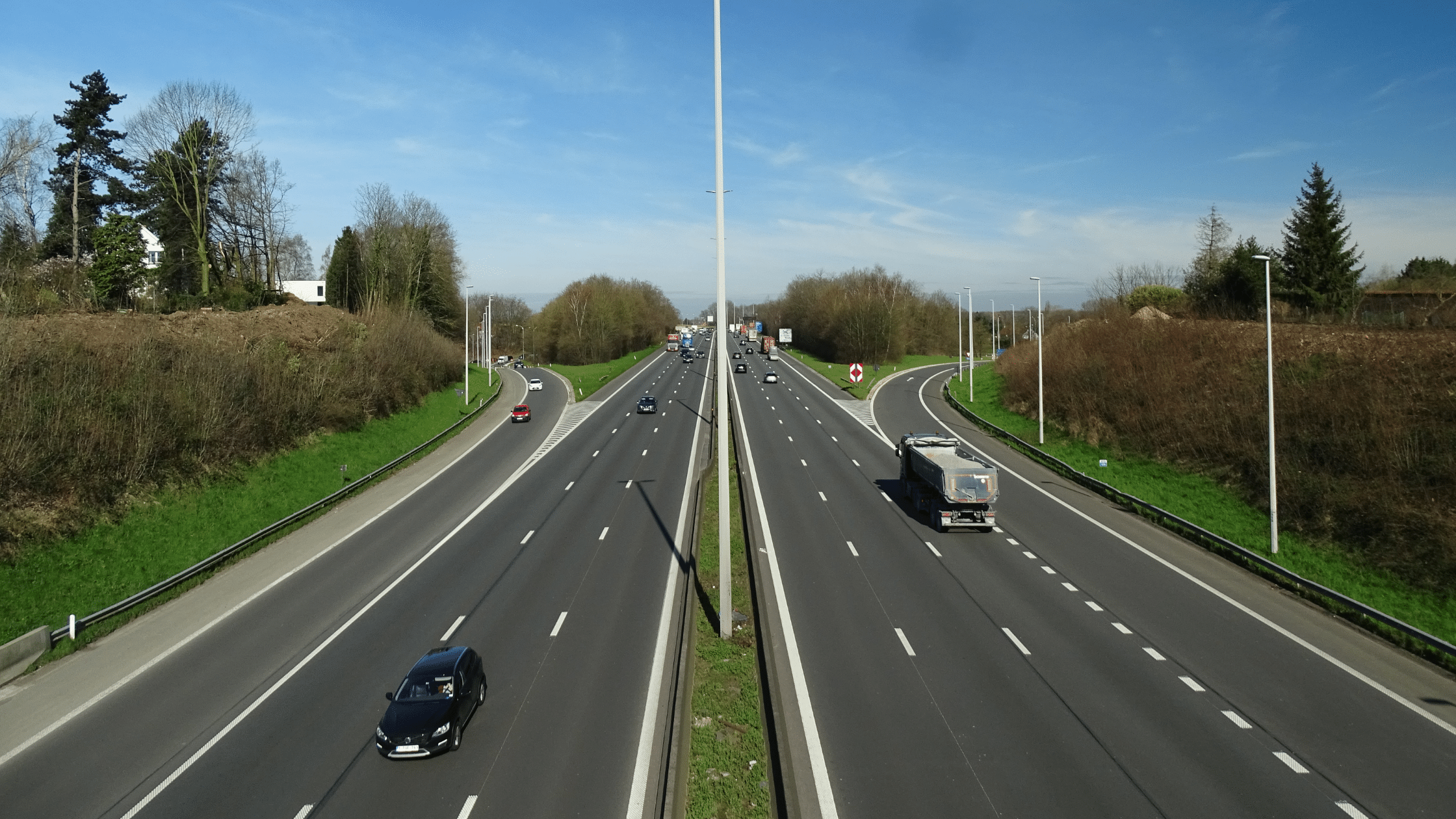Malcolm Snow is no stranger to receiving criticism. Working in the planning sector in Canberra is practically a given. However, there are still lingering painful memories.
“I’ve certainly had lots of rocks thrown at me, a lot of personal accusations, journalists who would like to draw conclusions about where I’ve worked and what I do which are completely erroneous and frankly quite mischievous,” Mr Snow told Region on the day he announced he would retire from leading the City Renewal Authority in June.
“But none of that concerns me because I’m confident that what we’re trying to do as an agency, and certainly my personal and professional approach, has been to be quite transparent about our reasons for doing things.
“It is not motivated by a separate agenda.”
Mr. Snow, who served as CEO of the National Capital Authority and then as the first CEO of the CRA for six years, has faced criticism from certain parts of the community who are resistant to change and sceptical of his transformative projects. One project that he finds particularly challenging and rewarding is the Acton Waterfront project, which he believes is now ready to be handed over to his successor.
Mr. Snow felt he had successfully informed the broader community about the potential benefits for the city by “taking that more expansive view rather than the more self-interested view that we often do find in cities where the single issue drives the outcome for the majority.”.
All perspectives had to be considered, but in the end, Mr. Snow emphasised the importance of the CRA leading a significant change for the city. He stressed the importance of cities always striving for improvement and having a clear vision of their potential.
“All of that potential is still to be realised in Canberra,” he said.
He is now prepared to hand over the Canberra Theatre redevelopment project, which is set to become the focal point of the Canberra Civic and Cultural District. According to Mr. Snow, both of these are ready for a smooth transition to new leadership.
He noted there were critics who delayed the progress of the theatre project but commended the government for understanding the significance of cultural infrastructure in a thriving city. An upcoming article was set to reveal a concept document on the theatre project, demonstrating its ambitious nature and the potential it holds for the city’s cultural and economic development, as stated by Mr. Snow.
“If we think about the wider opportunities and the way the theatre can contribute to the economy of the city, as a new public building for the rest of the district, the role of Civic Square in supporting that visitation – there are just so many things that can flow out of the bigger picture view,” he said.
“Typically, in many cities, these sorts of projects are considered in isolation from both their physical and economic context.”
Some individuals believe that the government’s attention to the city centre has been at the cost of neglecting other regions. However, Mr. Snow remains unapologetic, stating that it was necessary to revitalise the area after years of lack of investment.
According to him, the implementation of light rail would complement the developments in City Hill and the western part of the city. Additionally, the transformation of the cloverleaves on Commonwealth Avenue is a crucial step in linking the city centre to the lake., “transforming what were clearly mistakes by traffic engineers that placed cars ahead of people”.
“It’s a great example of how good urbanism is actually going to help to realise the opportunity the Griffins might have imagined for the city,” Mr Snow said.
“We’ve got this incredible setting, a really strong idea behind it, the Griffin plan, but we can express that in a 21st century way that actually realises the aspirations of what I’d call the contemporary city – one that welcomes everyone, has that diversity, and one which is still extremely well planned and designed.”
It will require innovative thinking and unconventional ideas that may not align with everyone’s opinions. According to Mr. Snow, the CRA faces the ongoing challenge of being influential while garnering widespread support for its work. He was certain that by taking the time to clarify the long-term vision, more individuals would be inclined to subscribe to it.
After departing the CRA, Mr. Snow did not completely withdraw from public life. He aims to make a difference in the not-for-profit sector and continue sharing his thoughts on Canberra’s future following a rejuvenating break. Chair Christine Covington praised Mr. Snow for his crucial role in transforming Canberra’s City Centre into a vibrant and welcoming urban area.
“His commitment to increasing the visibility of Ngunnawal culture, prioritising people-focused design, and promoting active transport will have a lasting impact on Canberra’s community,” she said.
“Malcolm’s vision and leadership have brought national recognition to the City Renewal Authority through transformative projects like Haig Park’s renewal, the development of Acton Waterfront, Henry Rolland Park and the greening of City Walk.”
Chief Minister Andrew Barr highlighted Mr. Snow’s dedication to sustainable, community-centred urban design and development, which has improved the city’s liveability for future generations.
“The creation of a new neighbourhood and destination public park at Acton Waterfront will build on his legacy,” he said.
The Authority will now commence the recruitment of a new CEO to lead the organisation.
Justin Lavadia is a content producer and editor at Public Spectrum with a diverse writing background spanning various niches and formats. With a wealth of experience, he brings clarity and concise communication to digital content. His expertise lies in crafting engaging content and delivering impactful narratives that resonate with readers.























































